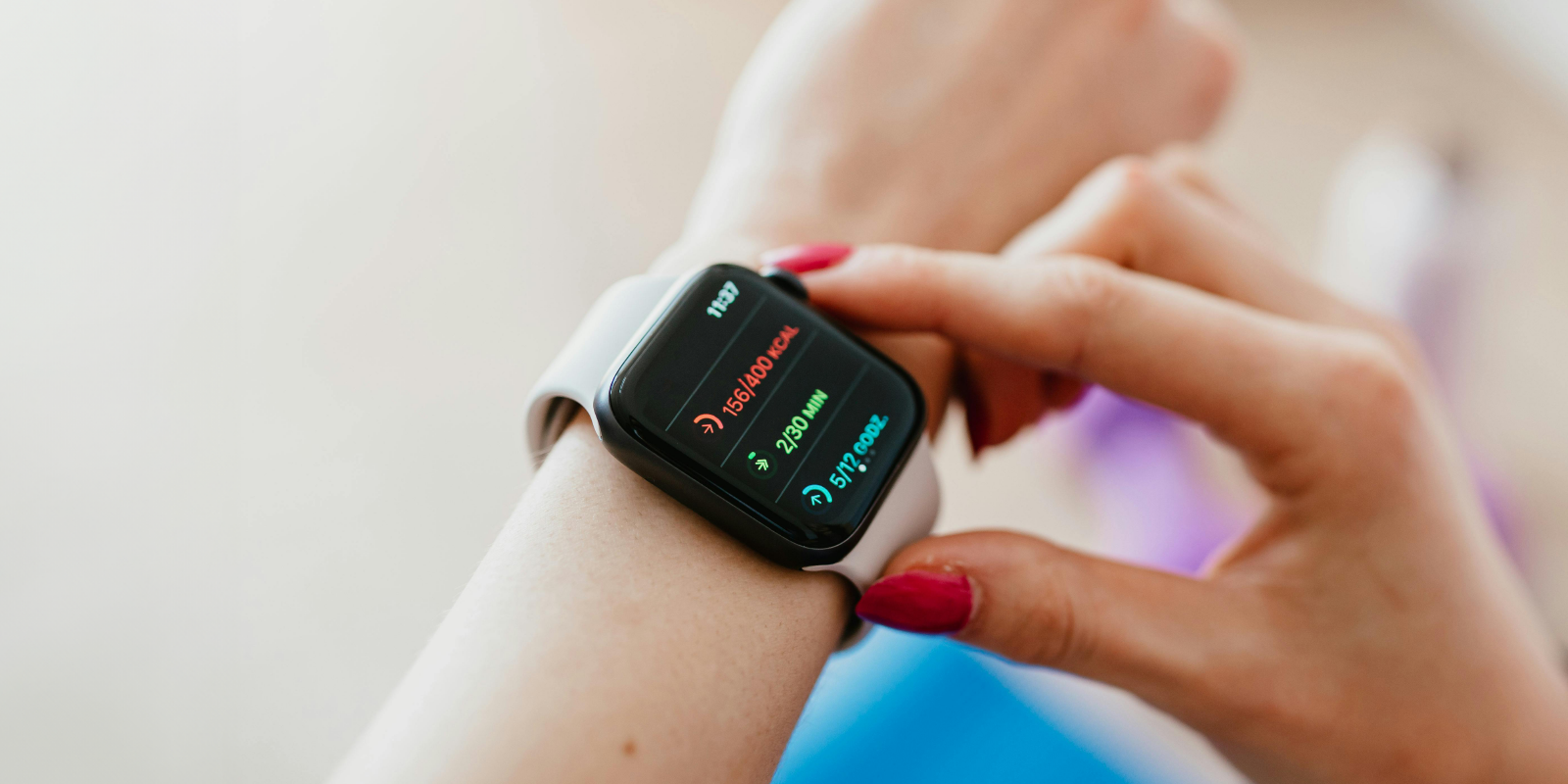Smart, wearable devices are more than just trendy gadgets; they can play a crucial role in supporting your personal injury claim by automatically storing vital information. This includes smart device evidence, tracking details such as location, sleep patterns, physical activities, and more. The collected data serves as tangible evidence, reinforcing essential facts pertinent to your injury claim.
Information Crucial to Personal Injury Accident Claims
In the aftermath of a personal injury accident, a wearable, smart device can be a valuable asset. The information it captures varies based on the case’s circumstances and disputes. For instance, it can corroborate your presence at the accident scene, offering insights into your vehicle’s speed during the incident. Additionally, these devices monitor sleep patterns, physical activity, and heart rate, providing valuable health-related data. This information proves instrumental in illustrating the impact of the accident on your life, from altered sleep patterns due to mental distress to changes in physical activity levels.
Leveraging Smart Device Evidence
Wearable devices go beyond human observation, presenting a data-driven narrative that can significantly benefit your case. From establishing fault to detailing the severity of damages, these devices offer a unique perspective that can refute opposing claims and substantiate your version of events.
Navigating Admissibility Challenges for Electronically Stored Information
While the electronic data from your smart, wearable device can be invaluable, navigating its admissibility at trial poses challenges. Courts adhere to rules governing evidence presentation, and opinions on admitting electronically stored information vary. Some argue for its inherent reliability, allowing admission based on owner testimony, while others may require expert witnesses or certifications. Addressing admissibility hurdles preemptively is crucial, necessitating motions for clarification and strategic planning with your attorney.
Potential Queries and Obstacles in Smart Device Evidence
Despite the benefits, challenges persist in using data from smart devices as evidence. Establishing ownership and credibility becomes paramount, considering potential data manipulation. Variances among device types, such as GPS accuracy, signal interference, and sensor errors, further complicate matters. Fielding Law, with its expertise, can guide you through these intricacies, ensuring effective utilization of electronically stored information in your case.
Trust Fielding Law to Navigate the Legal Obstacles
In the realm of personal injury law, Fielding Law understands the importance of embracing technological advancements to strengthen your claims. Utilize the power of wearable tech with Fielding Law, where compassion meets cutting-edge legal strategies. Contact us at 833.88.SHARK for personalized support and innovative legal representation.
Note: Information provided is for educational purposes and does not constitute legal advice. Always consult with a qualified attorney for legal concerns.






